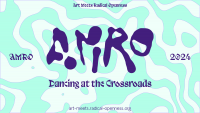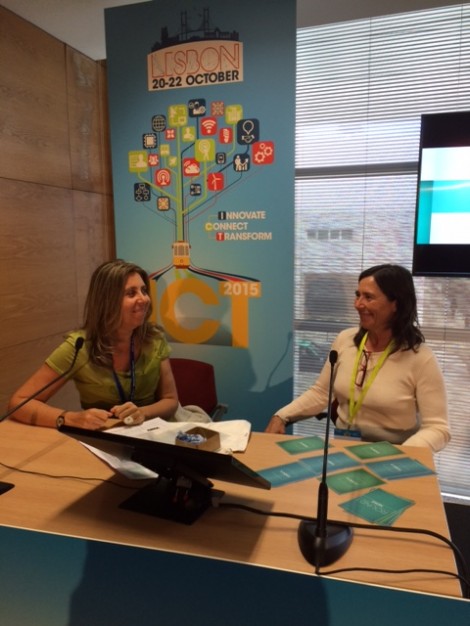 In force of the cooperation with sister project CRe-AM, E-Space representatives were invited to join a networking session organized by this latter in the huge EU event ICT 2015, taking place in Lisbon.
In force of the cooperation with sister project CRe-AM, E-Space representatives were invited to join a networking session organized by this latter in the huge EU event ICT 2015, taking place in Lisbon.
The CRe-AM networking session aims to gather people from both creative industries and ICT fields in order to exchange ideas on shared strategic collaboration. It focuses on the role of technologies and actors working as bridges between creative sectors and ICT Research & Development. Representatives of related European large clusters and initiatives will present key examples and analyses, in order to raise awareness among the ICT community about the most recent trends in the creative one. Delegates coming from Design, Art, ePublishing, Gaming, Art and Architecture industries convened to exchange ideas with ICT researchers and developers and to contribute to the discussion.
The session agenda and information are available here, and E-Space is represented by Technical Coordinator dr. Antonella Fresa (Promoter SRL) and Prof. Carla Fernandez (Universidade Nova de Lisboa), who presented the project in general and the Dance Pilot in depth. Particularly the Dance Pro tool was illustrated as a video annotator to work as digital note-book to support choreographic processes.
Other speakers at the session were Jean-Dominique Meunier (NEM) Silvia Boi (TISP project), Luis Miguel Girao (Artshare) and Frederik de Wilde (University of Hasselt).
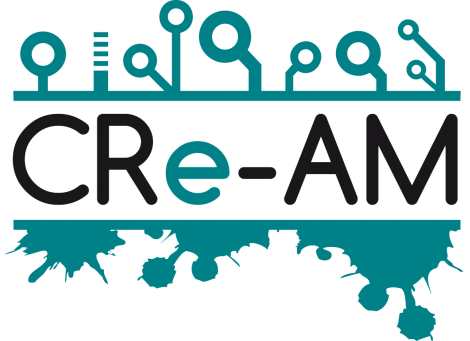 The main outcome of the CRe-AM networking session will be a set of recommendations for the future ICT European Agenda, in order to maximise its impact on the development and adoption of new technologies for supporting the creative processes, as well as enhance existing tools and platforms to better correspond to the needs of specific creators’ groups. The session will allow the coordination of different EC initiatives working at the bridge of technology and creative industries, and its outcomes will enrich CRe-AM roadmaps with a better understanding of cross-sectorial trends and engagement with potential users.
The main outcome of the CRe-AM networking session will be a set of recommendations for the future ICT European Agenda, in order to maximise its impact on the development and adoption of new technologies for supporting the creative processes, as well as enhance existing tools and platforms to better correspond to the needs of specific creators’ groups. The session will allow the coordination of different EC initiatives working at the bridge of technology and creative industries, and its outcomes will enrich CRe-AM roadmaps with a better understanding of cross-sectorial trends and engagement with potential users.
More info: http://www.cre-am.eu/join-cre-am-at-ict2015/


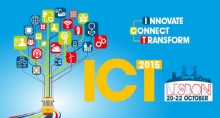
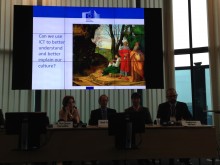














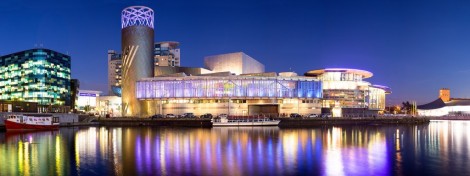




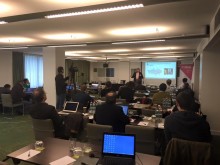
 On the 13th of October 2015, the Joint Pictures Experts Group (JPEG) organised a workshop in Brussels on privacy and security support for image data. Privacy and security is becoming steadily more important seen the fact that image collections are increasingly more stored in distributed and cloud repositories rather than in private repositories. Moreover, social media and online photo repositories, for example, are currently offering insufficient means to secure privacy-sensitive information carried by the picture or to signal associated IPR metadata.
On the 13th of October 2015, the Joint Pictures Experts Group (JPEG) organised a workshop in Brussels on privacy and security support for image data. Privacy and security is becoming steadily more important seen the fact that image collections are increasingly more stored in distributed and cloud repositories rather than in private repositories. Moreover, social media and online photo repositories, for example, are currently offering insufficient means to secure privacy-sensitive information carried by the picture or to signal associated IPR metadata.








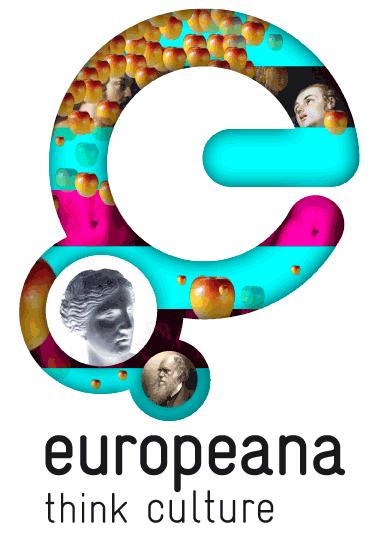 “We are Europeana”
“We are Europeana”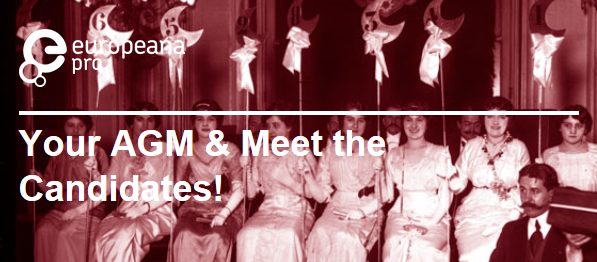


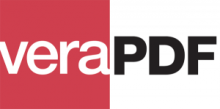
 If you have interesting news and events to point out in the field of digital cultural heritage, we are waiting for your contribution.
If you have interesting news and events to point out in the field of digital cultural heritage, we are waiting for your contribution.














